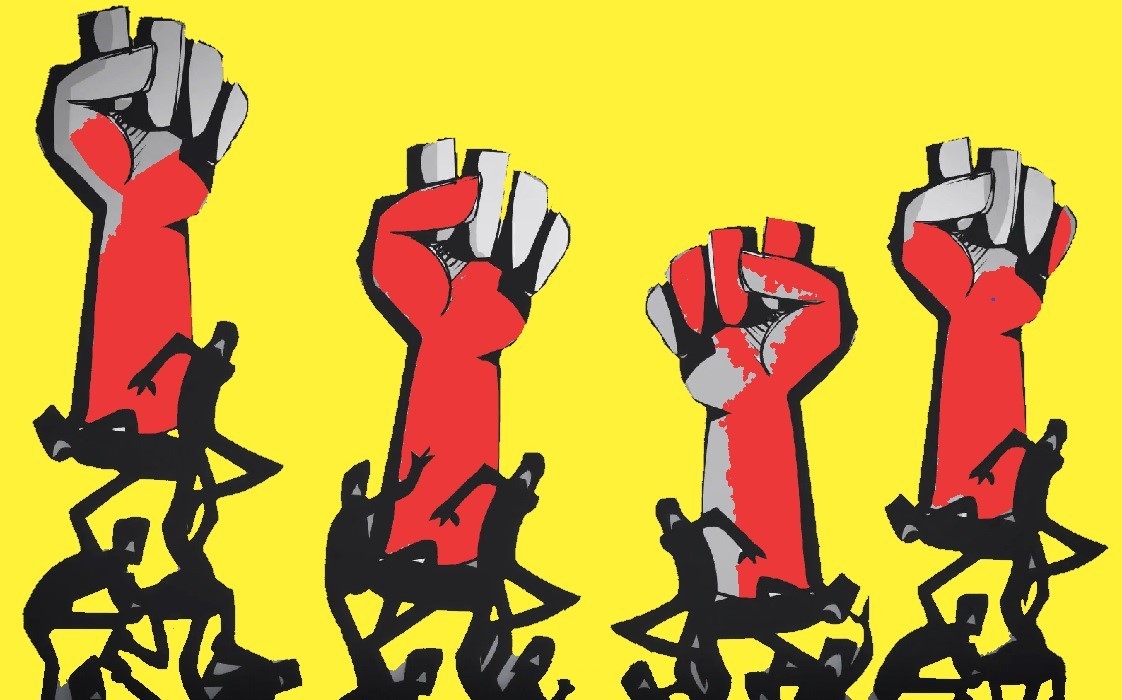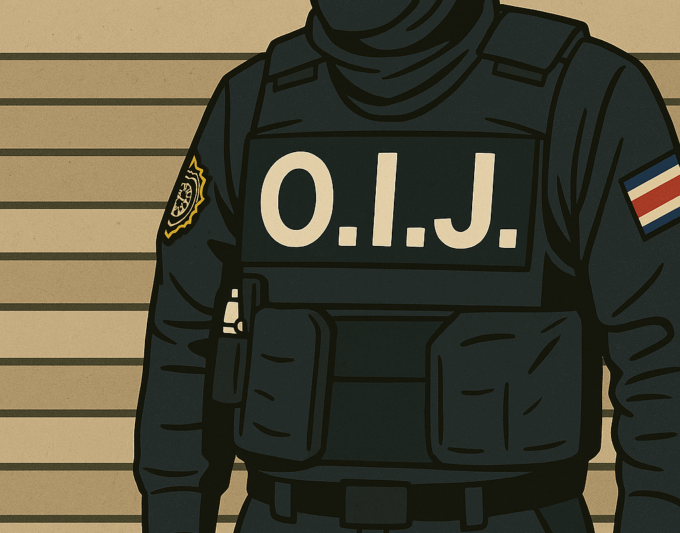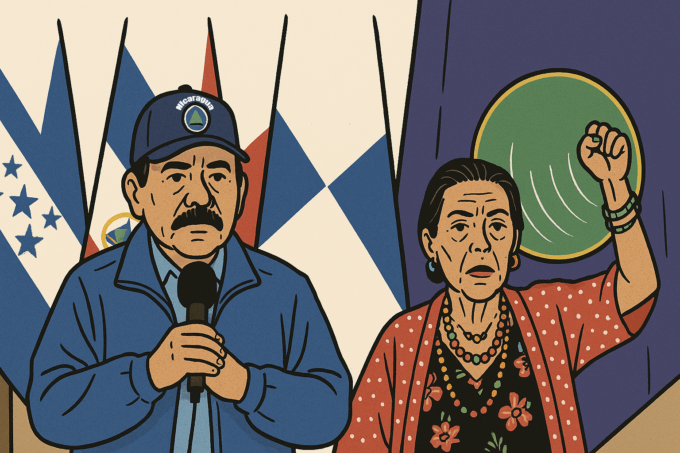Although the region shares a common history of conflict and democratic transition, current challenges vary from country to country, marked by corruption, authoritarianism, organized crime, and migration crises. This article analyzes the situation in key countries, focusing on Guatemala, Costa Rica, Panama, Honduras, and Nicaragua, to provide a comprehensive view of the threats and opportunities in the region.
Guatemala: The Legacy of the “Pact of the Corrupt” and the Role of Consuelo Porras
In Guatemala, despite the change in the executive branch following the election of Bernardo Arévalo, democracy continues to face serious threats, largely due to the continued presence of figures like Attorney General Consuelo Porras, who has weaponized the judicial system to intimidate the new government. Porras has been a key figure in what is known as the “Pact of the Corrupt,” using her position to persecute political opponents, human rights defenders, and anti-corruption prosecutors.
President Arévalo, representing the Movimiento Semilla party, was elected amid widespread public discontent with traditional elites. However, his administration faces constant threats from the judicial apparatus, which seeks to annul his electoral victory and delegitimize his policies. This tension has created a climate of political uncertainty, where the executive attempts to implement democratic reforms while contending with a system co-opted by corrupt interests.
Despite these obstacles, the Guatemalan population has shown resilience, with massive mobilizations to defend democracy and Arévalo’s mandate. Indigenous communities, youth, and civil society organizations continue to play a crucial role in defending the rule of law and demanding justice.
Costa Rica and Panama: The Threat of Organized Crime and Migration Crises
Costa Rica and Panama, traditionally seen as more stable and democratic countries in the region, are experiencing growing challenges related to organized crime, cross-border violence, and waves of migration.
Costa Rica: A Democracy Under Pressure
Costa Rica, known for its democratic stability, is facing the growing impact of transnational organized crime, which has increased homicide rates and weakened the perception of security. The country, historically an exception in the region due to its low levels of violence, is now targeted by drug trafficking networks using its territory as a transit point.
Additionally, migration pressure has intensified social and economic challenges. Thousands of migrants from Nicaragua, Venezuela, and Haiti cross Costa Rica en route to the United States, overwhelming support systems and generating political tensions. Although the government has tried to respond with humanitarian measures, rising xenophobia and misinformation have complicated the situation.
Panama: The Darién Gap and the Humanitarian Crisis
Panama, for its part, faces a humanitarian crisis in the Darién Gap, a dangerous jungle that has become a key route for migrants heading north. Each year, thousands of people cross this inhospitable territory, facing violence, exploitation, and extreme conditions. Migration pressure has overwhelmed the Panamanian government’s capacity, which has called for greater international cooperation to manage the situation.
Moreover, organized crime has found in Panama a strategic point for money laundering and drug trafficking, taking advantage of its open economy and role as an international logistics hub. These factors have jeopardized the country’s security and governance, which struggles to balance economic development with social stability.
Nicaragua: The Consolidation of Sandinista Authoritarianism
Nicaragua remains under the authoritarian regime of Daniel Ortega and Rosario Murillo, who have consolidated a model of government based on repression, censorship, and the elimination of any form of dissent. Since 2018, the regime has intensified its persecution of opponents, imprisoning political leaders, shutting down civil society organizations, and forcing thousands into exile.
The official narrative, controlled by Murillo’s propaganda apparatus, portrays the regime as a defender of national sovereignty against “foreign interference.” However, the reality is that the Ortega-Murillo model has led Nicaragua into international isolation and a severe economic and social crisis. The lack of fundamental freedoms and constant human rights violations have turned the country into a police state.
Honduras: Transparency Doubts Persist
In Honduras, President Xiomara Castro’s government faces questions about transparency and administrative efficiency. Despite coming to power with a message of change, her administration has been marked by allegations of nepotism and corruption. Additionally, accusations of ties between her government and drug trafficking raise doubts about her ability to combat the criminal networks affecting the country.
The influence of Manuel Zelaya, Castro’s husband, in Honduran politics has also drawn criticism, with many perceiving him as the true power behind the throne. This has weakened trust in institutions and hindered the implementation of structural reforms.
A Future at a Crossroads
Freedom and liberal democracy in Central America are at stake. Countries like Guatemala, Costa Rica, Panama, Honduras, and Nicaragua face unique but interconnected challenges, from corruption and authoritarianism to organized crime and migration crises. While the outlook is concerning, there are also opportunities to reverse these trends through citizen mobilization, regional and international cooperation, and institutional strengthening.
The region’s future will depend on the ability of its leaders and societies to face these challenges with courage and vision, building a path toward justice, peace, and sustainable development. The defense of democracy in Central America is not just a political struggle, but a commitment to the dignity and rights of its people.
Alex Aguirre is an engineer and peace activist with master’s degrees in Peace and Development (University for Peace, UN-mandated) and Development Projects (ICAP). He has worked with UNFPA, SICA, and international cooperation agencies. Founder and researcher at IPADES, he focuses on democratic governance, peace processes, and human rights.




